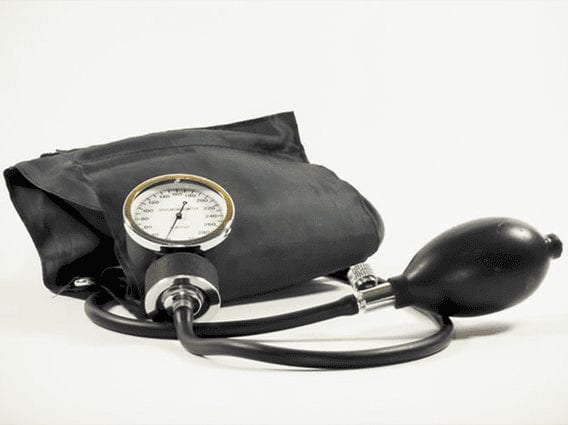Blood Pressure Medication Linked to Lung Cancer
A new study, recently published in the British Medical Journal, found evidence linking a commonly prescribed class of blood pressure medication – angiotensin-converting enzyme inhibitors (ACEIs) – to an elevated risk of lung cancer. ACEIs help relax blood vessels by preventing an enzyme in the body from producing angiotensin II, which narrows the blood vessels and releases hormones which raise blood pressure. Taken to improve or treat symptoms in conditions such as high blood pressure, coronary artery disease, diabetes and more, several studies have confirmed short-term use of these medications are safe, but long term use hasn’t been as thoroughly investigated.
Researchers from the UK and Canada examined health record information from the UK Clinical Practice Research Database (CPRD), selecting 992,061 patients who began taking new blood pressure medication between 1995 and 2015 and followed them through the study’s endpoint (December 2016), or until a diagnosis of cancer or death. he team ultimately found that those who took ACEIs had a 14% greater risk of lung cancer compared to those who took angiotensin receptor blockers (ARBs), which also block the action of, rather than production of, angiotensin II, allowing users blood vessels to widen. Those who took ACEIs for less than 5 years did not have an increased risk; those with 5-10 years of use had a 22% greater risk, and those with 10+ years of use experienced a 31% increased risk. While some in the medical community claim this study suffers from the same “correlation-not-causation issues” that have plagued previous similar studies, the authors of the study believe that replicated, longer-term studies will confirm their findings.














